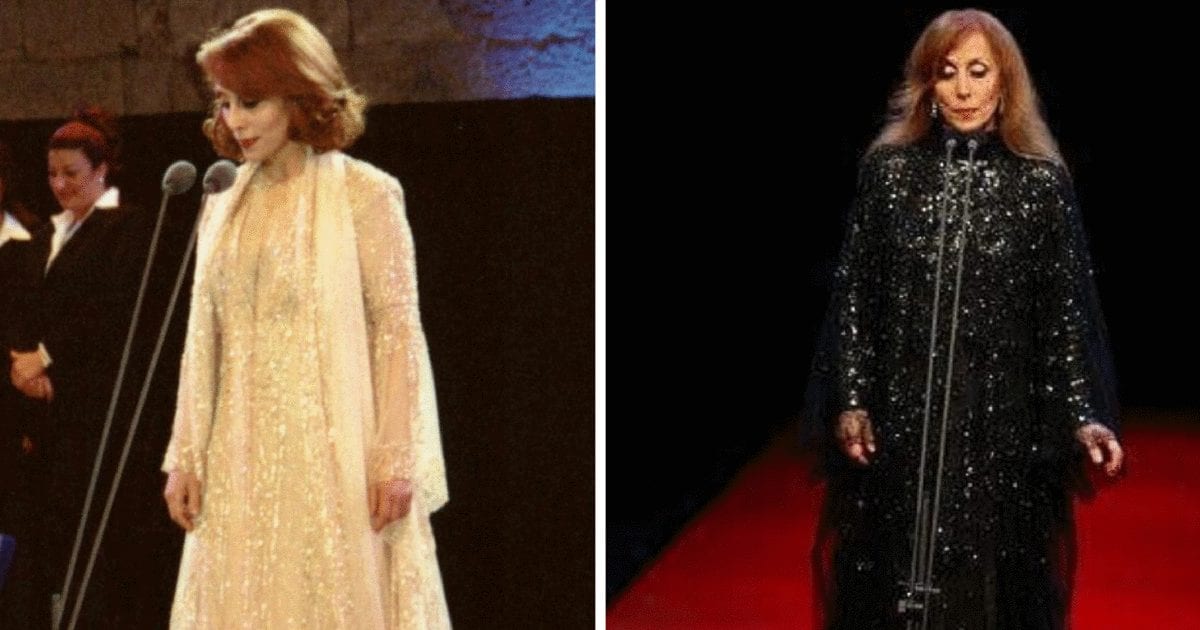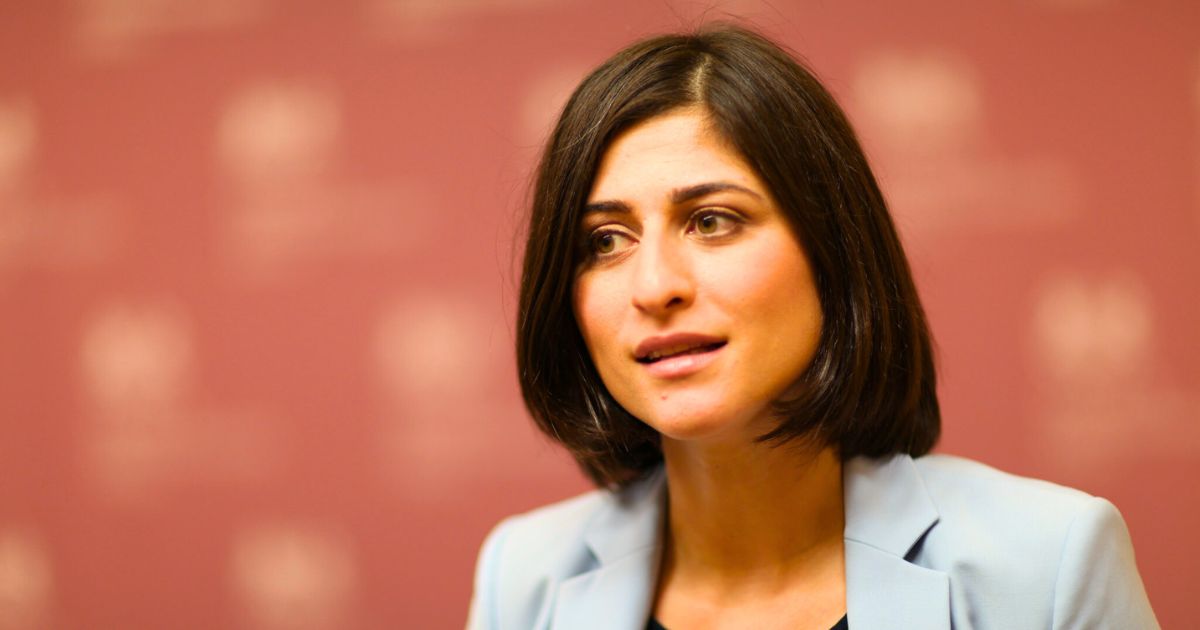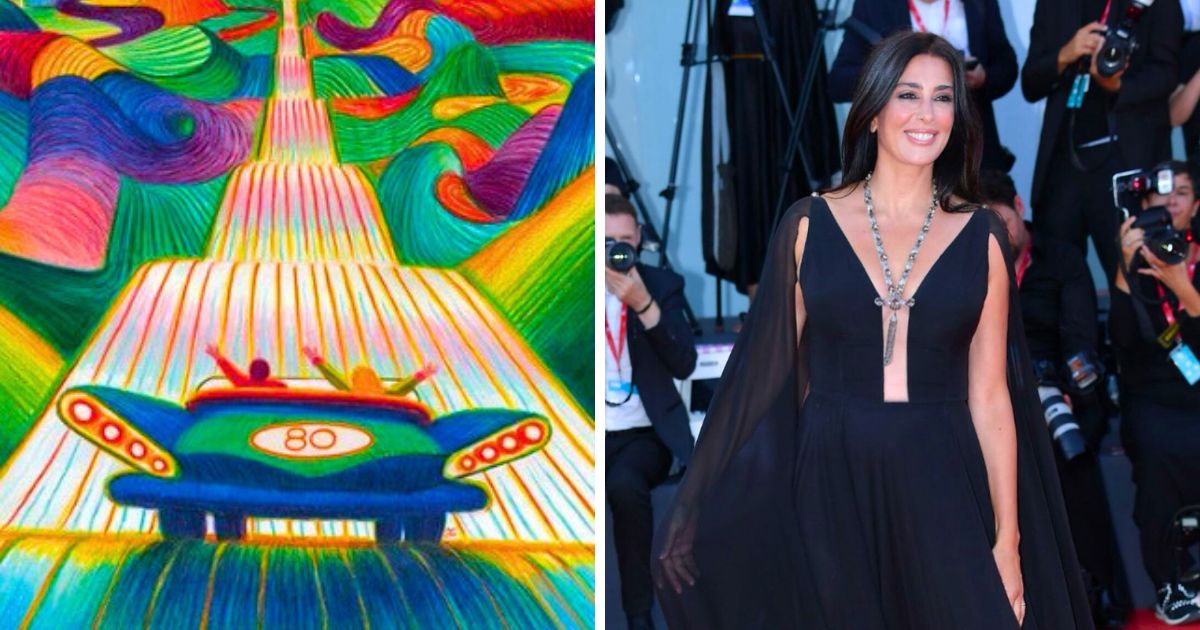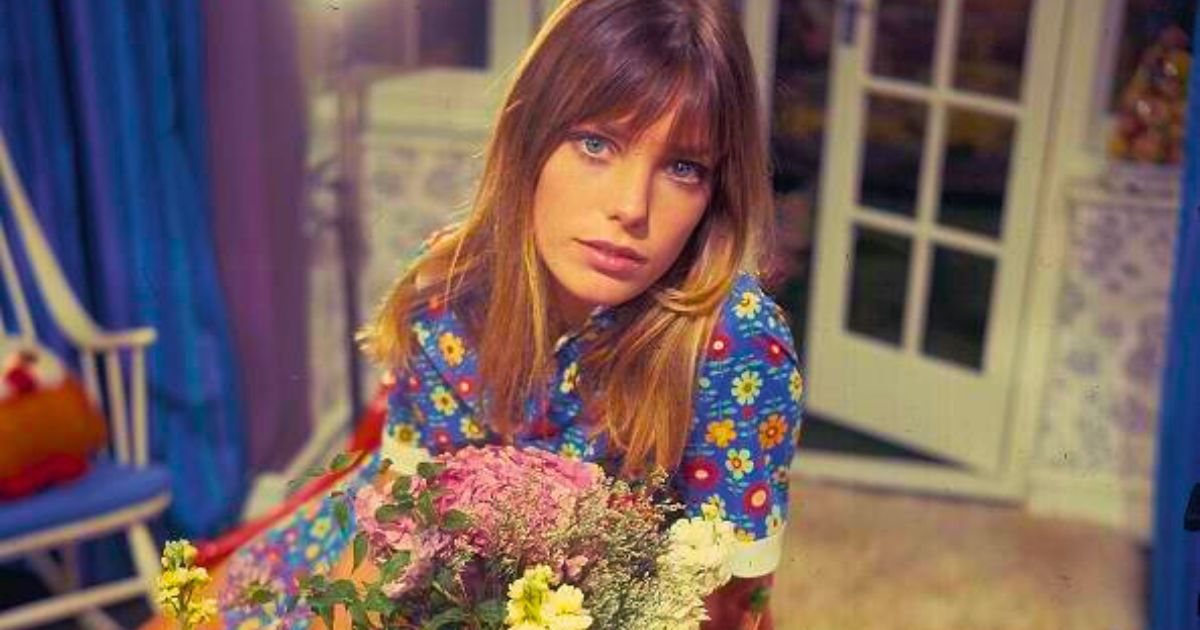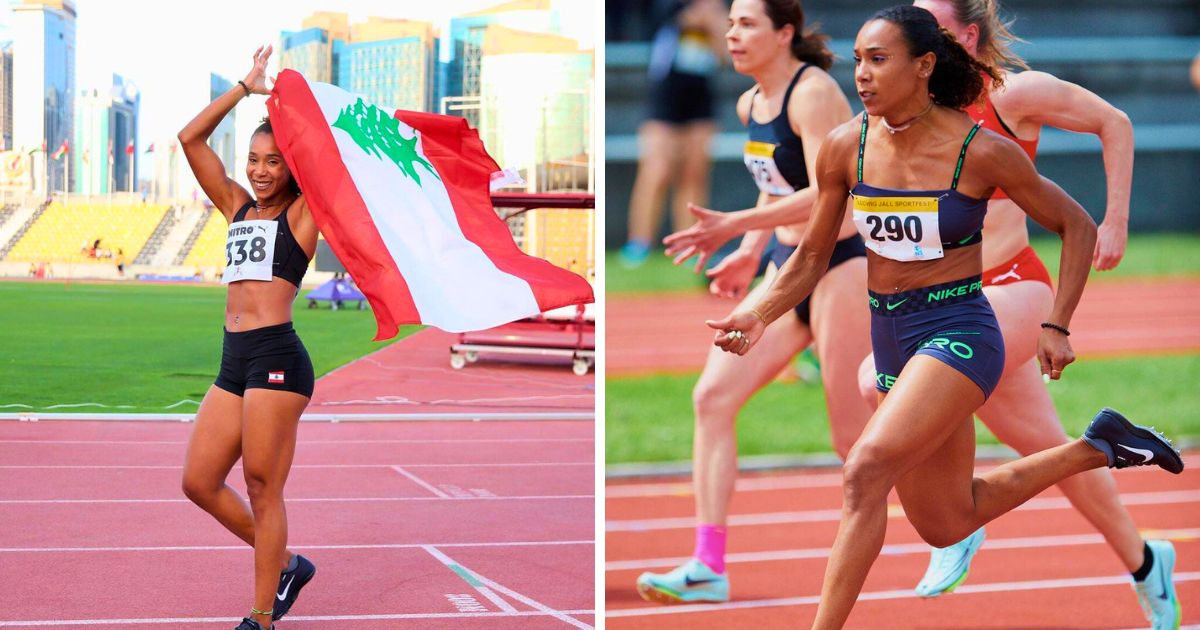It’s morning in Lebanon. You wake up to get ready for your busy day. Your house and entire neighborhood smell like coffee. You leave your place and head towards the nearest bakery to grab a mankoushe. The baker is playing Fairouz’s iconic songs on the radio.
No matter how you spend your mornings, I’m pretty sure that Fairouz’s heavenly voice graces your day.
She is Lebanon’s music icon who spread the Lebanese culture across the Middle East and the world. A singer and an actress, Fairouz is one of the most influential and admired stars in the region. She is also known as the icon of modern Arabic music and has sold over 80 million records worldwide.
Fairouz: The beginning
Fairouz, née Nouhad Wadih Haddad, was born on November 21, 1935, in Beirut. Her father, Wadih Haddad, was a typesetter in a print shop and her mother, Lisa El Boustani, was a homemaker. Fairouz was one of four children.
Young Fairouz loved spending time with her grandmother in Shouf where she enjoyed the village life every summer. This explains why her songs are mostly about nature and rural life.
By the age of ten, her community recognized her beautiful voice. Mohammed Flayfel, a well-known teacher at the Lebanese Conservatory, attended her performance at one of the school’s show. He advised her to attend the conservatory, and she did.
The owner of Radio Lebanon Halim El Roumi also discovered the young talent. He appointed her as a chorus singer and wrote several songs for her. El Roumi chose her stage name.
Fairouz later met the Rahbani brothers, Mansour and Assi, at the radio. They were impressed by the flexibility of her voice. Assi, who later became her husband, wrote her several songs one of which is Itab which became a hit in the Middle East.
Fairouz takes the stage
Her first large-scale concert was part of the Baalbeck International Festival in 1957. Fairouz’s fame went global when she performed in the United States in 1971. The Middle Eastern community received her with excitement.
In the 1980s, Fairouz changed her production team. She continued her career with her son and composer Ziad, Joseph Harb, and Philemon Wehbe. Fairouz produced around 1500 songs out of which only about 800 have been released.
Besides from singing, Fairouz starred in many iconic plays, musicals, and films which were produced by the Rahbani brothers. The plays express love for the village life, philosophy, comedy, and politics. Most of them are available on CD and online.
These are some of the most famous plays!
- Jisr El Amar (1962)
- Al Layl Wal Qandil (1963)
- Biyya3 El Khawatem (1964)
- Ayyam Fakhreddine (1966)
- Safar Barlik (1967)
- Sah El Nawm (1970)
- Natourit Al Mafatih (1972)
- Mays El Reem (1975)
The legacy of Fairouz
Radio stations in Lebanon and the Middle East still play the songs of Fairouz in the morning.
Her songs built a bridge between Lebanon and the Diaspora. She even reconnected Lebanese people when she sang “Li Beirut” on the Green Line after the end of the civil war.
Fairouz is one of Lebanon’s national symbols!
